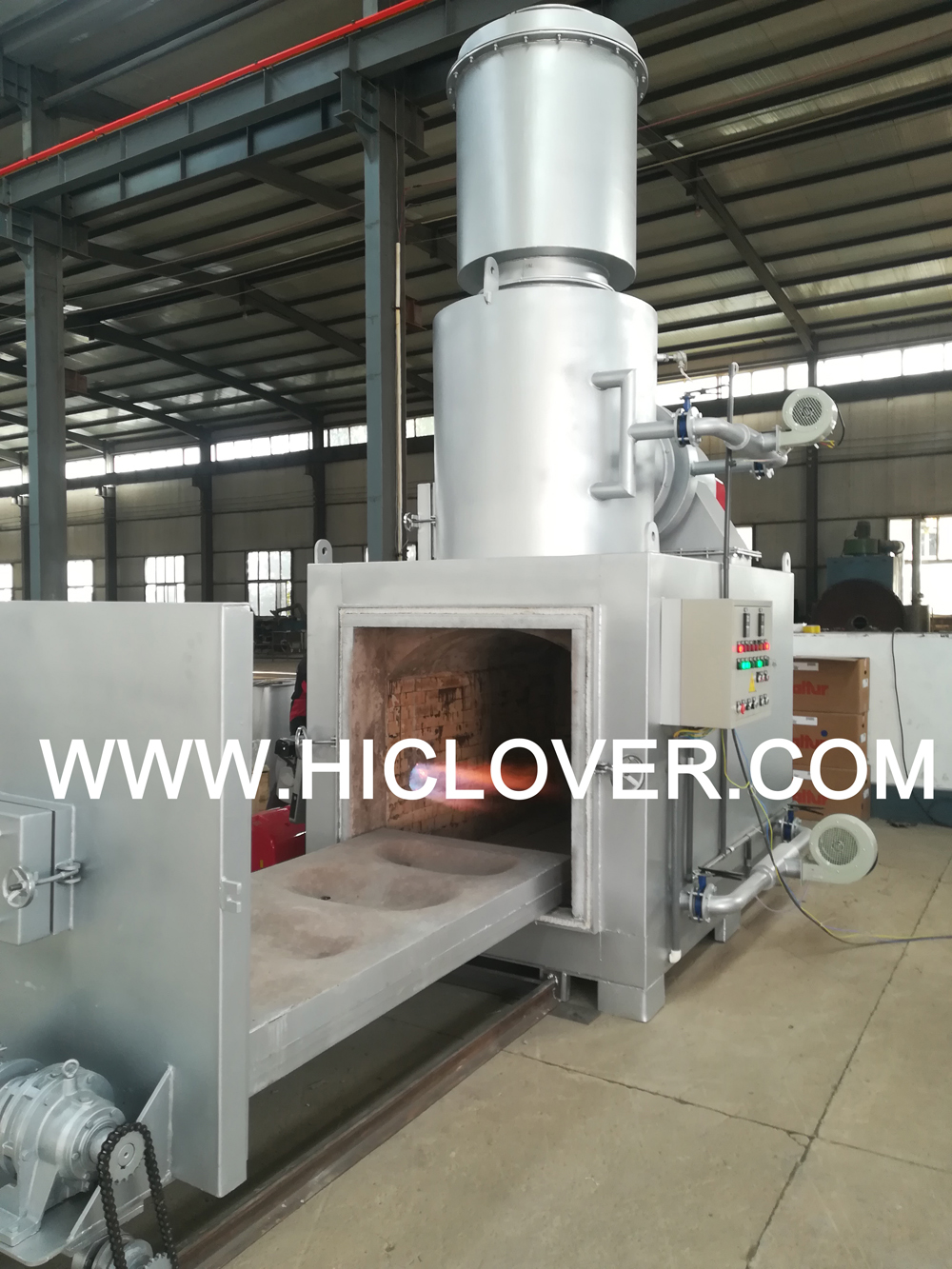Kenya is making significant strides in its efforts to safely dispose of biohazardous medical waste in order to protect public health and the environment.
The management of biohazardous medical waste is a critical aspect of healthcare that is often overlooked. Improper handling and disposal of medical waste can lead to serious public health risks, including the spread of infectious diseases and environmental pollution.
In recent years, the Kenyan government and various stakeholders in the healthcare industry have been working together to improve the management of medical waste. Efforts have been focused on raising awareness and implementing effective waste management practices to ensure the safe disposal of biohazardous materials.
One key initiative in Kenya is the establishment of guidelines and regulations for the handling and disposal of medical waste. The Ministry of Health has developed comprehensive waste management guidelines that outline the proper procedures for segregating, packaging, transporting, and disposing of medical waste. These guidelines are aimed at ensuring the safe and responsible management of medical waste in healthcare facilities across the country.
Additionally, the government has been working to upgrade and expand waste treatment facilities to handle biohazardous medical waste. This includes the construction of high-quality incinerators and autoclaves that can effectively sterilize and dispose of medical waste. These facilities are equipped with state-of-the-art technology to ensure that medical waste is disposed of in a manner that minimizes the risk of contamination and harm to public health.
Furthermore, public awareness campaigns have been launched to educate healthcare workers and the general public about the importance of proper medical waste management. These campaigns aim to promote the segregation of medical waste at the source and the use of appropriate containers for disposal. The goal is to instill a culture of responsible waste management among healthcare workers and the public, ultimately leading to better protection of public health.
In addition to governmental efforts, many private sector organizations have also stepped up to assist in the safe disposal of medical waste. These organizations provide waste management services, including collection, transportation, treatment, and final disposal of medical waste. They work closely with healthcare facilities to ensure that biohazardous waste is managed in compliance with the regulations set by the government.
These collective efforts are making a real impact on the safe disposal of biohazardous medical waste in Kenya. By improving waste management practices and infrastructure, the country is not only protecting public health but also contributing to a cleaner and healthier environment.
However, despite these efforts, there are still challenges to be addressed, such as limited resources and infrastructure in some remote areas. Continued collaboration between the government, private sector, and stakeholders will be crucial in addressing these challenges and ensuring that the management of medical waste meets the highest standards.
In conclusion, Kenya is dedicated to improving the management of biohazardous medical waste and protecting public health. By establishing guidelines, upgrading infrastructure, and raising awareness, the country is making significant progress in ensuring the safe disposal of medical waste. With ongoing efforts and collaboration, Kenya can continue to build on its achievements and further enhance the protection of public health and the environment.



